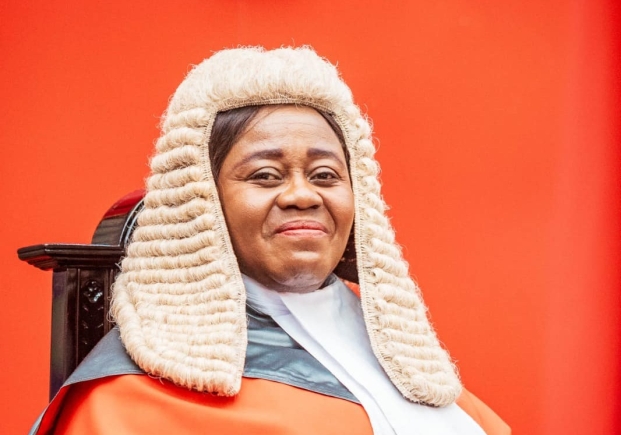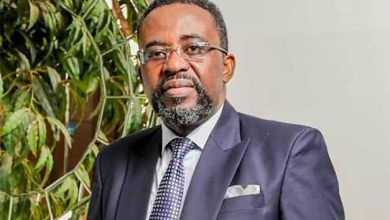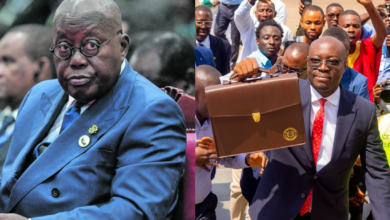Resignation not an option for CJ under investigation

Former Director of the Ghana School of Law and seasoned legal practitioner, Ansah Asare, has challenged the notion that Chief Justice Gertrude Araba Torkornoo has the option to resign amid her suspension, citing constitutional and judicial precedent that, in his view, prevents such a move.
Speaking on Morning Starr with Naa Dedei Tettey on Thursday, June 27, Asare firmly stated that the Chief Justice has no legal right to resign while under investigation following a petition.
“I should make it clearer, you know, to our listeners, that her leadership—Justice Torkornoo—whether she spoke or not, cannot resign. So saying that she will not resign, you know, baffles me. She can’t. The law is not on her side to resign,” he emphasized.
Ansah Asare cited a landmark precedent from the Supreme Court in the case involving Justice Amoah and the Attorney-General. According to him, the ruling established that judicial officeholders under investigation cannot independently choose to resign, as doing so could undermine the integrity of the process set out in Article 147 of the 1992 Constitution.
“She is head of the judiciary and president of the Supreme Court. And she knows that there’s a binding pronouncement on whether or not persons who are being investigated pursuant to petitions reserve their right to resign—the Supreme Court says no,” Asare added.
He elaborated further:
“In the case of Amoah and the Attorney-General, when Justice Amoah wanted to resign, the Supreme Court said, one, Justice Amoah could not resign because it didn’t lie in his mouth or power to resign.
“And two, even if he resigns, the President of the Republic cannot accept it, because if the president accepts it, the president will be undermining the credibility and integrity of the process pursuant to Article 147.”
Chief Justice Torkornoo, who is currently facing a suspension amid an investigative process following a formal petition, had earlier declared publicly that she would not resign.
Ansah Asare’s intervention, however, frames the matter not as one of personal choice, but of constitutional constraint.





